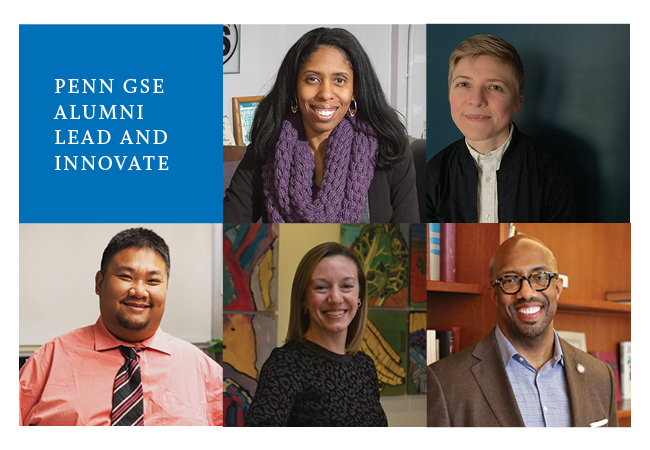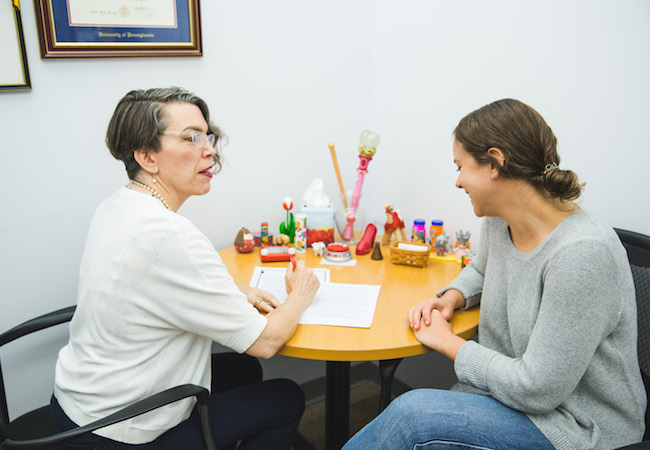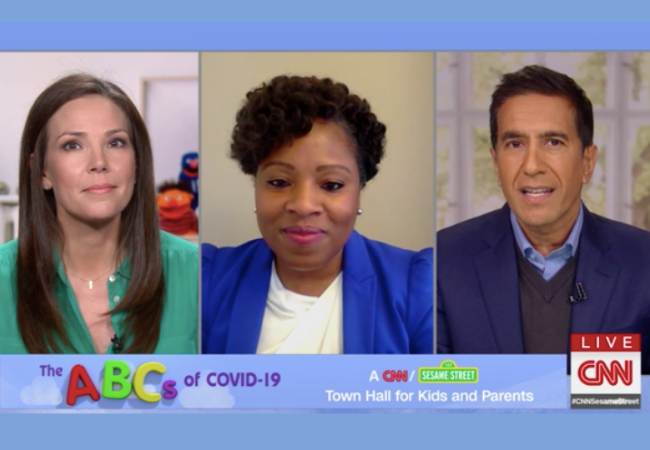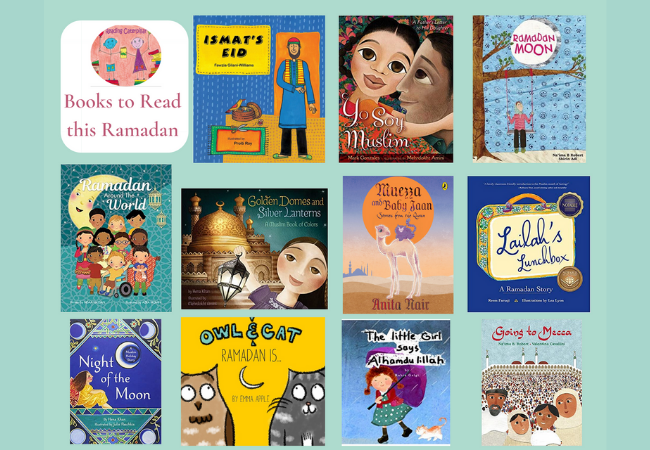Penn GSE News Archive
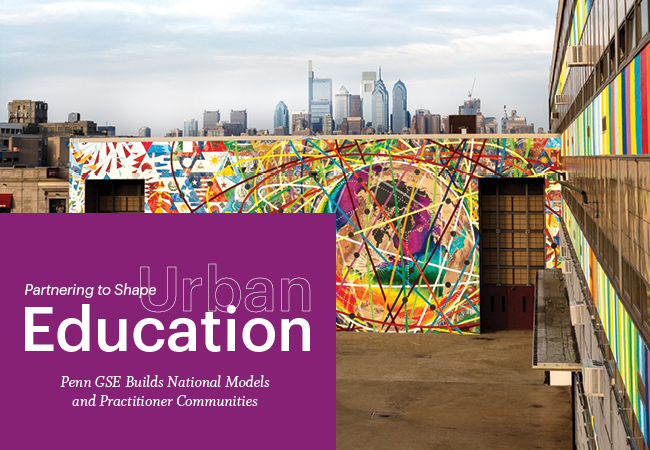
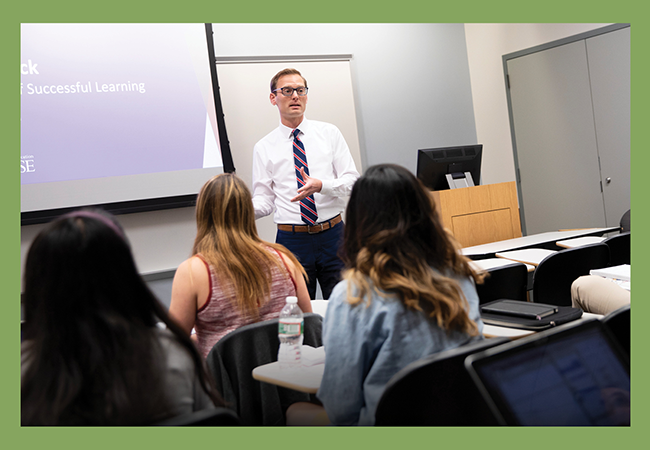
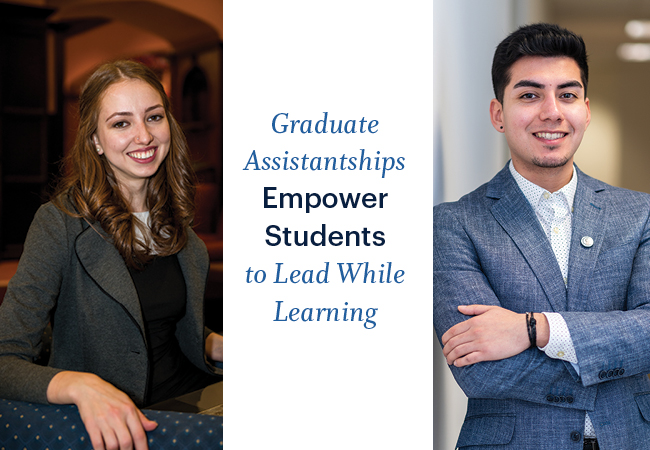
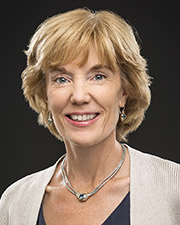
Pell Grants Help Students. But Are They Enough?
Laura Perna and Jeremy Wright-Kim write that while Pell Grants reduce financial pressures, this does not translate into higher graduation rates.
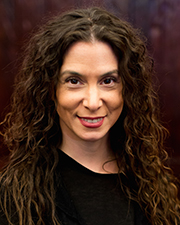
Living and Teaching in Flux: A Conversation with Sharon Ravitch
Sharon Ravitch joins host Rob van Nood of Catlin Gabel School in Portland, Oregon to discuss the current crisis as an opportunity to rebuild learning experiences based on a world in flux and from ideas and visions that put students at the center. "As educators, we have to find active ways to nourish ourselves, connect with each other, and really think about this moment," said Ravitch.

Public and private measures of colleges' financial strength spark more discussion Inside Higher Ed
Robert Zemsky said, in the face of the pandemic, colleges with 1,500 or fewer students are facing the question of how much they can shrink and continue to function.
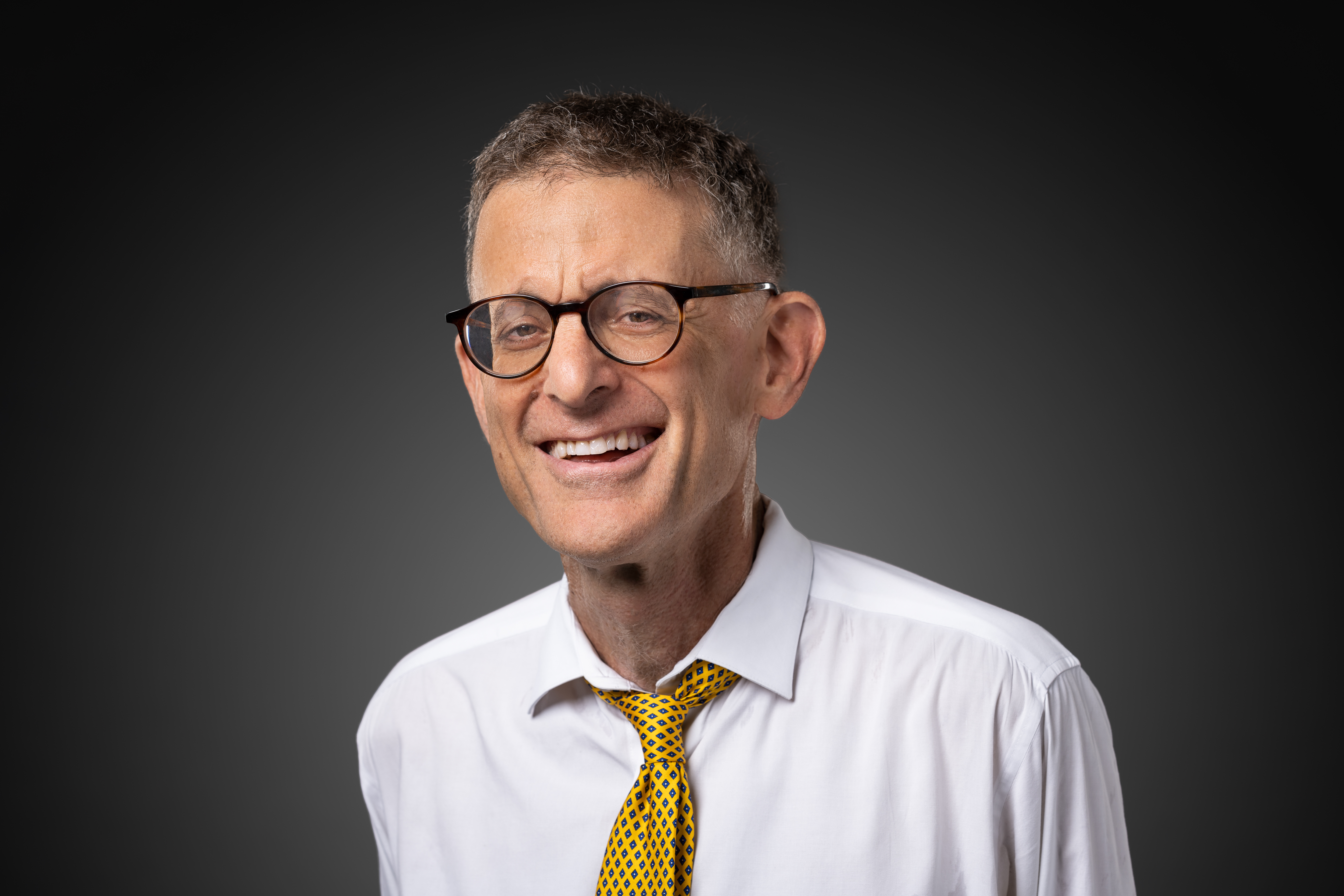
Book banning is a bipartisan game
Jonathan Zimmerman wrote about efforts by those at both ends of the political spectrum to censor certain books in schools. “It’s too easy to mock the conservatives out in Alaska. It’s a lot harder to look in the mirror, and to ask whether we liberals might be imitating them,” he wrote.
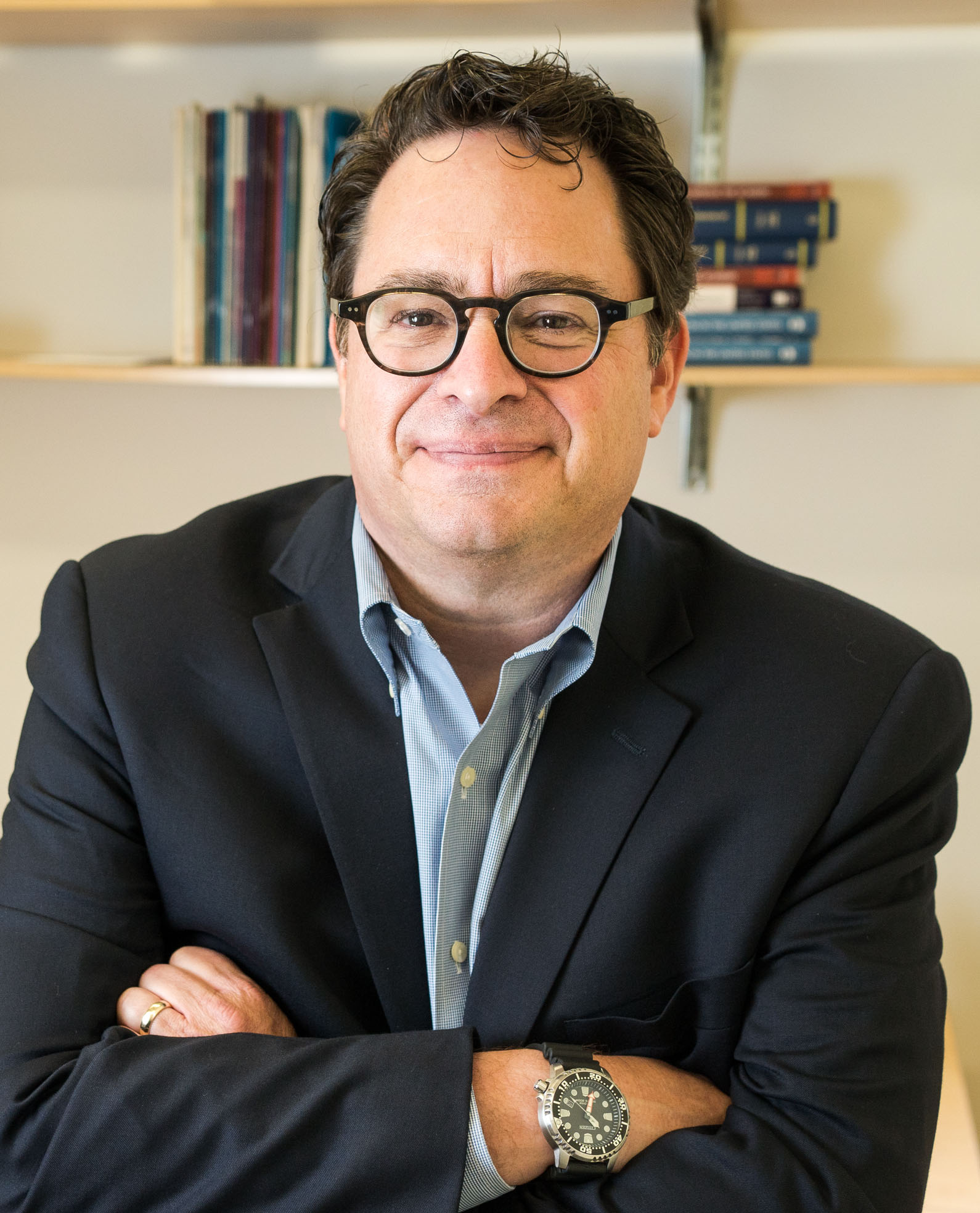
Philly Colleges Planning for In-Person Classes This Fall: What We Know
Peter Eckel said, “Part of the challenge is the complexity of the issues that university boards are facing. There is also a degree of unpredictability regarding short-term challenges, like enrollment and finances, endowments and financial resources, but also safety and security in the future. We don’t know if there’s going to be a new normal, a next normal, or return to normal.”
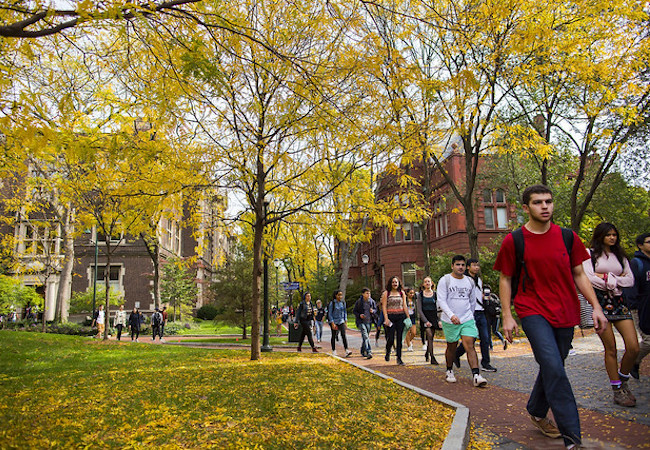
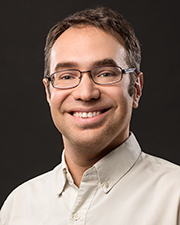
Paranoia about cheating is making online education terrible for everyone
Ryan Baker discussed adaptive learning, which can use algorithms to adapt lessons to individual students, as well as other computer-based learning tools.

College students want answers about fall, but schools may not have them for months
Robert Zemsky said, “It’s revenue pressure, and the sense that ‘if we’re the one that doesn’t open, we lose our share of the market permanently.’”

